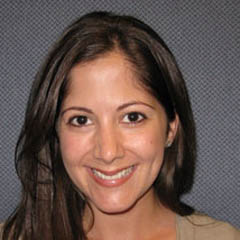U.S. Department of Health and Human Services, Administration for Children and Families, Office of Planning, Research, and Evaluation

Research consistently shows an extensive and growing need for high quality, out-of-home child care for infants and toddlers from all families, but particularly for low-income families.
To meet both children’s developmental needs and parents’ workforce needs, government leaders and policymakers have expressed support for early care and education partnerships at the point of service delivery to build more seamless care systems and promote quality across settings. These partnerships involve two or more organizations working together to jointly provide early care and education services to young children and their families. Organizations can work together by combining funding, resources, materials, and staff to serve additional children, provide comprehensive services, enhance service quality, or provide full-day, full-year early care and education. In fiscal year 2014, the federal government further highlighted this approach by funding early learning opportunities for children from birth to age 3 through Early Head Start-child care partnerships. The grants allow new or existing Early Head Start programs to partner with local child care centers and family child care homes serving low-income families with infants and toddlers.
Evidence & Insights From This Project

Working Together for Children and Families: Findings from the National Descriptive Study of Early Head Start-Child Care Partnerships
This report documents findings from the national descriptive study of Early Head Start-Child Care Partnerships.
Learn MoreRelated Staff
See Clearly. Act Quickly.
From local to global challenges in health, human services, and international development, we’re here to improve public well-being and make progress together. Learn more about becoming a Mathematica client or partner.
Work With Us


